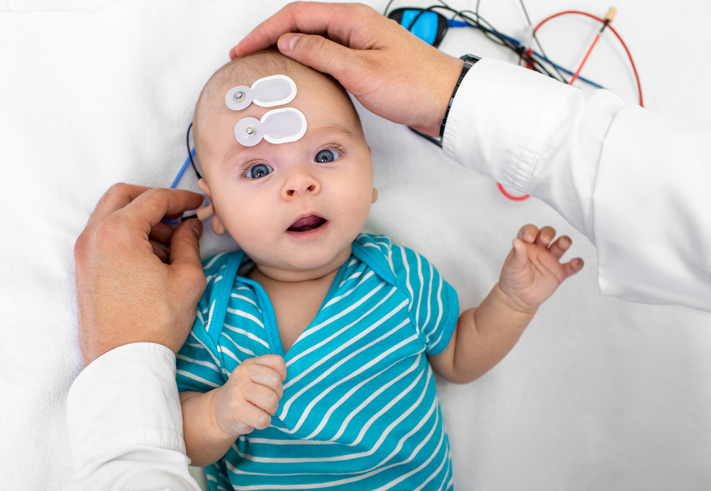Writing your Child’s Medical History

As parents of children with disability, developmental delay or medical needs, you may find yourself going to medical appointments more than the average parent.
At these appointments, you may find yourself repeating answers to the same questions over and over. And as your children get older, it may be harder to remember information from the early days.
This is where having your child’s medical history written down will help.
We highly recommend starting this if you are at the early stages of your child’s journey when everything is fresh in your mind. However, you can do this at any stage of your child’s journey!
WHY IS IT HELPFUL?
- It can be hard to remember pregnancy/birth and earlier milestones as your child gets older.
- It saves you having to repeat it at every appointment.
- It could help in emergencies – you may have a hospital admission in the middle of the night, your child is upset, and it is a stressful situation to try and recall and share your child’s medical history.
- As your child gets older, there may be certain information you don’t want to speak about in front of them, so having a printed or email version to provide to the doctor will keep them from hearing it.
WRITING YOUR STORY
When writing your story, think about:
- Using bullet points and including essential information.
- Keep it concise and easy to read.
- You could list chronologically by age starting from pregnancy, birth and each year, or you can list it under categories similar to the list below.
WHAT TO INCLUDE
Here is a list to consider including but add whatever is relevant to your child.
Pregnancy/Birth Information – Keep notes of complications, medical procedures, and vaccinations in pregnancy. Type of birth, APGAR scores and any complications arising from the delivery are helpful.
Developmental milestones – Notes about crawling, sitting up and walking milestones.
Notes about feeding – breastfed or formula-fed, weaning, solid foods, diet and allergies can also be helpful. Also, take notes of sleep schedules.
Relevant Family history – Is there anyone else in your family that has similar/relevant medical issues
Important dates – Include dates and names of surgeries and any diagnostic procedures. Include your child’s immunisation schedule.
Medical test results – Make notes about tests your child may have had. Keep dates and results of things like Hearing tests, eye tests and blood tests.
Medications – Whenever your child is prescribed a medication, record the name of the medication, the dosage and how often your child is supposed to take it. Keep track of any reactions your child has to the drug. Keep track of allergies your child has.
Height/Weight – Keep your child’s last known height and weight as a reference.
Feeding/Foods – Notes on your childs feeding regime is important so it can quickly been seen to know how much intake the child needs (instead of waiting for office hours dietitian). Also, keep a list of food your child eats/doesn’t eat and any food allergies they may have.
Respiratory Support – If your child is on respiratory support keep notes of: CPAP settings, duration – is it overnight or all the time, or how much low flow oxygen for sleeping.
Specialists – Keep their names and contact information handy, and some people keep specialists’ business cards to organise this information.
Intervention or treatment plans – Keep the current plan, and one or two older ones, if older than three years, move to a historical folder.
Educational results – Usually, you will receive a copy of the results as part of the planning process with educational testing. If educational professionals conduct informal observations or assessments, ask for a written report.
What is helpful for your child - As a parent, you know your child best. What comforts your child, and what may be a trigger for them. This information can help medical professionals understand how to approach your child and make the experience more positive for them. This is really important to include, and a way that you can advocate for your child.
Once you have written your history, make sure to print a copy and keep it handy! Pop one in your blue book and hospital bag, and always have a copy in your bag. Also, keep an electronic version that you can email quickly as needed.